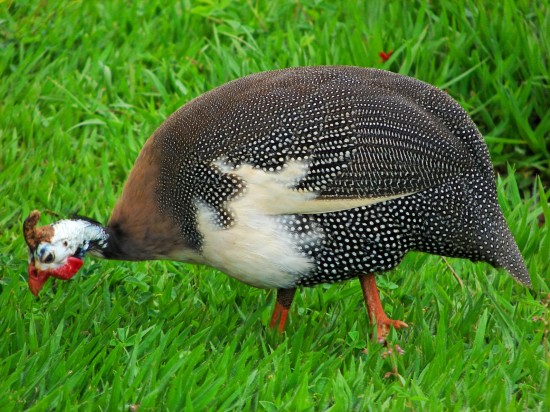
There is a wide variety of cancer types and there are also a lot of causes that could be responsible. Genetics play their own role in this area. Diagnosing dog lymphoma is possible with the help of a biopsy done on the organs or lymph nodes. In some cases, they will also have to do a needle aspiration on the lymph node. If you want to look for other types of cancer, you can use the analysis of blood, ultrasounds, biopsy of the bone marrow and x-rays to reveal their location. If you want to know the prognosis and the treatment, you first need to know at which stage is the disease.
In the beginning, only a small number of cells are affected in lymphoma cases and detecting the cause is not possible. At this point, you should just treat it. You should focus on a good quality life with long survival target when you do that. If the disease is detected from the beginning, there is a good chance that he will recover and the cancer will not show up again. About half of the dogs that have lymphoma can get into remission. If the dog isn't treated, he will live around two months from the moment he is diagnosed.
Treating your dog should be done with the help of a veterinarian oncologist, so that the treatment is as effective as possible. This treatment consists of vincristine, cyclophosphamide, L-asparaginase, prednisone and doxorubicin. In some cases, they will also use lomustine, chlorambucil, mitroxantrone and cytosine arabinoside during the treatment. In most cases, dogs will not suffer from complications during the chemotherapy treatment. However, in around 7% of the cases, the dogs will have to be hospitalized because of the side effects. But, as I said, in most cases they don't suffer during chemotherapy. Ask your vet for more information on this.
A lot of vets think that the main reason why dogs have lymphoma is their diet.
A lot of dogs are given grain based foods, but there is no dog race that eats grain when they're in the wild (not hyenas, dingos, coyotes, wolves). Since their body is not designed to produce the needed enzymes for grain, they should be fed mainly meat. Grain based diets for carnivores can lead to different health problems, cancer being one of them.
When you treat a dog that has lymphoma, diet is one aspect that is important and shouldn't be avoided. Cancer is rarely the cause of death in dogs. In most cases they will die because of kidney or liver failure, which are side effects of cancer. Fortunately, these side effects can be avoided if the diet is done right. You can add amino acid arginine and fish oil to the diet of a dog to encourage the production of fatty acids in the body of the dog. These fatty acids seem to have a lot of success in fighting the cancer.
The price of the food is not an indication on the quality.
You can give the dog cottage cheese, canned sardines (very good), meats and eggs to their diet. You need food with higher fat content. While some people say that a raw diet is better, others think that the food should be cooked. The fat contained in the food is more important than that. Meat should be the basis of the dog's diet.
While you can treat lymphoma in dogs easily, it will return in many cases. You can use fish oil to try to prevent that from happening. It can also prevent muscle waste and weight loss. The immune responses can be improved with the help of arginine supplements.
This article is not meant to replace the advice of a veterinarian. Talk everything there is to discuss with your vet.
 How To Tackle A Dog That Urinates Submissively Or When Excited
How To Tackle A D
How To Tackle A Dog That Urinates Submissively Or When Excited
How To Tackle A D
 5 Common Health Issues In Cats You Can Help Prevent
5 Common Health I
5 Common Health Issues In Cats You Can Help Prevent
5 Common Health I
 Teaching Your Indoor Kitten To Walk On A Harness
Teaching Your Ind
Teaching Your Indoor Kitten To Walk On A Harness
Teaching Your Ind
 The Joys Of Keeping Guinea Fowl
The Joys Of Keepi
The Joys Of Keeping Guinea Fowl
The Joys Of Keepi
 The Sleeping Habits Of Puppies
The Sleeping Habi
The Sleeping Habits Of Puppies
The Sleeping Habi
Copyright © 2005-2016 Pet Information All Rights Reserved
Contact us: www162date@outlook.com